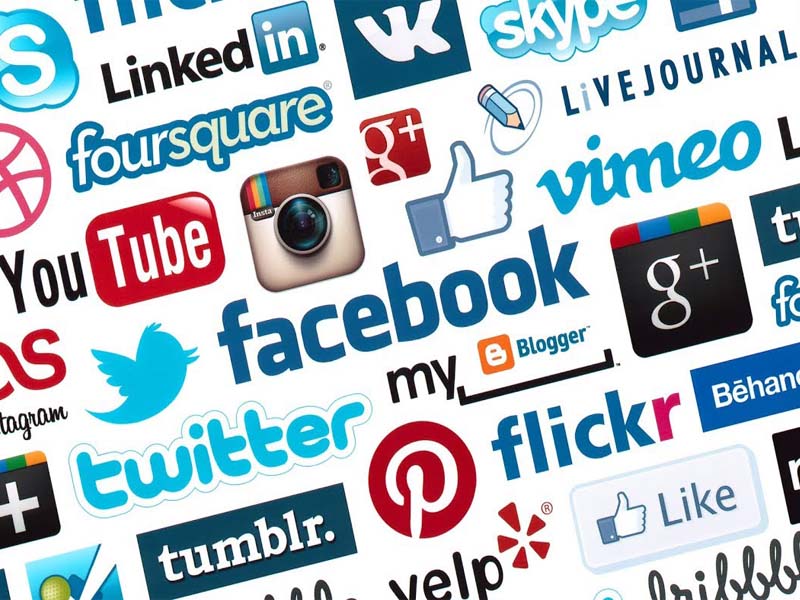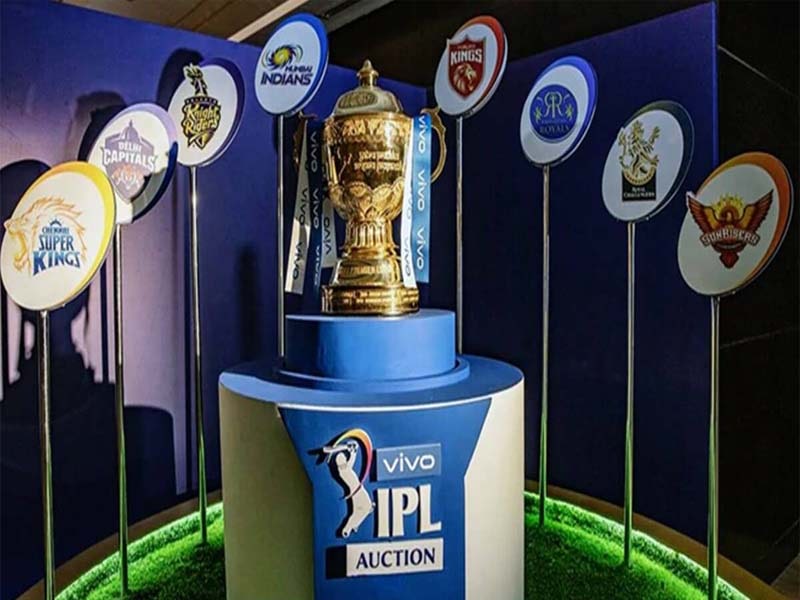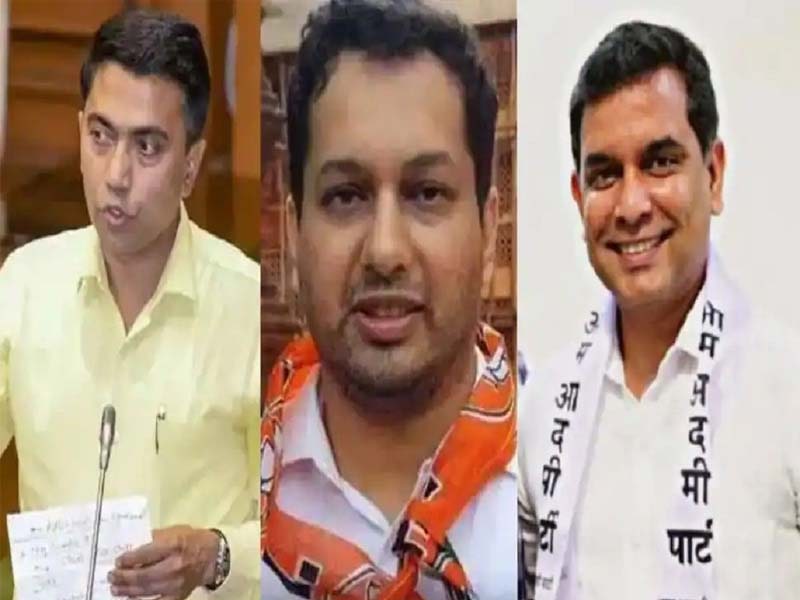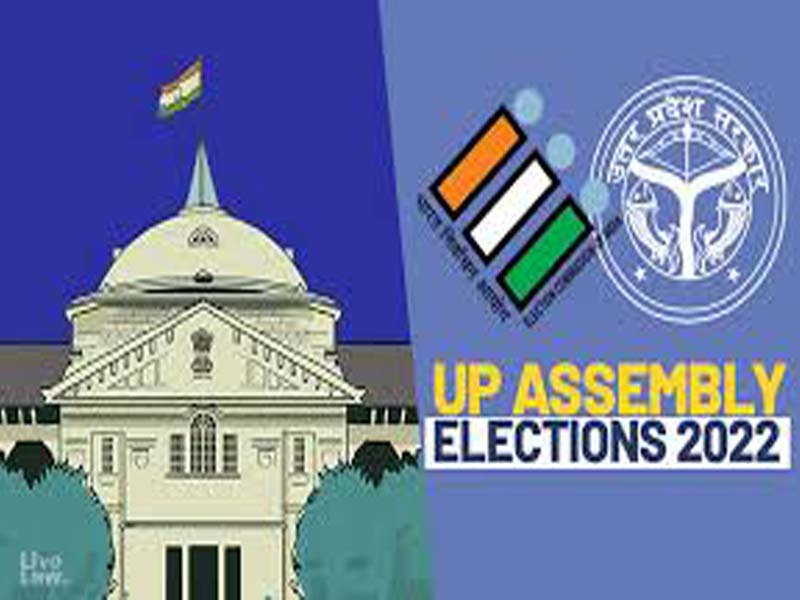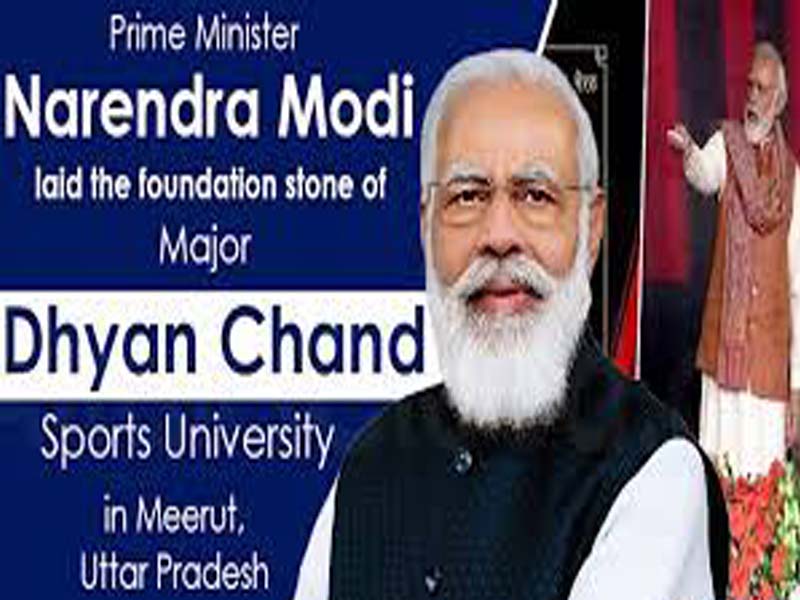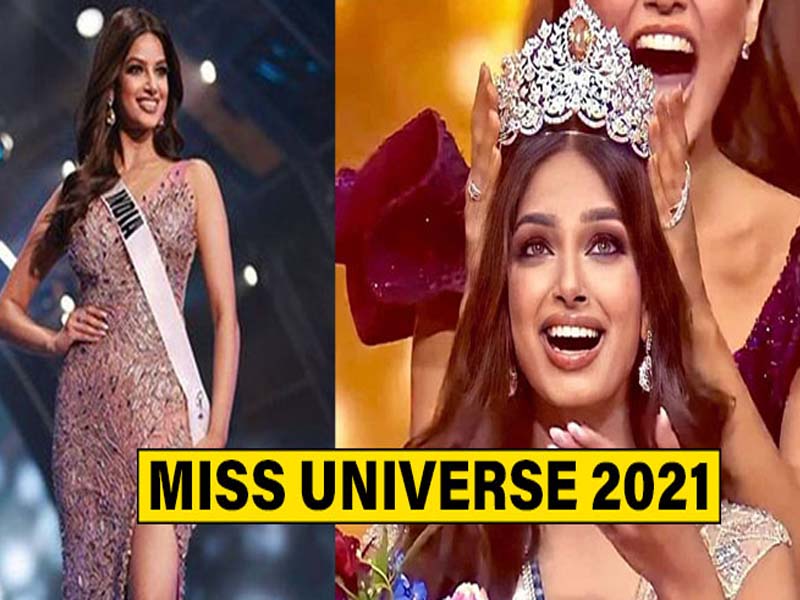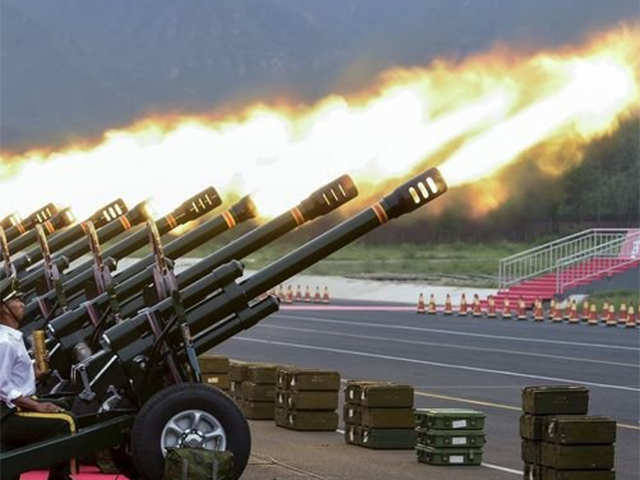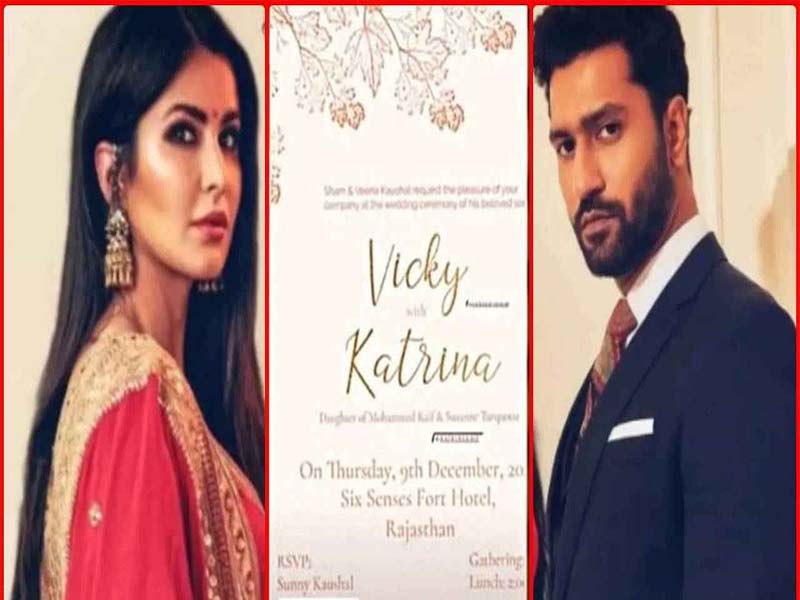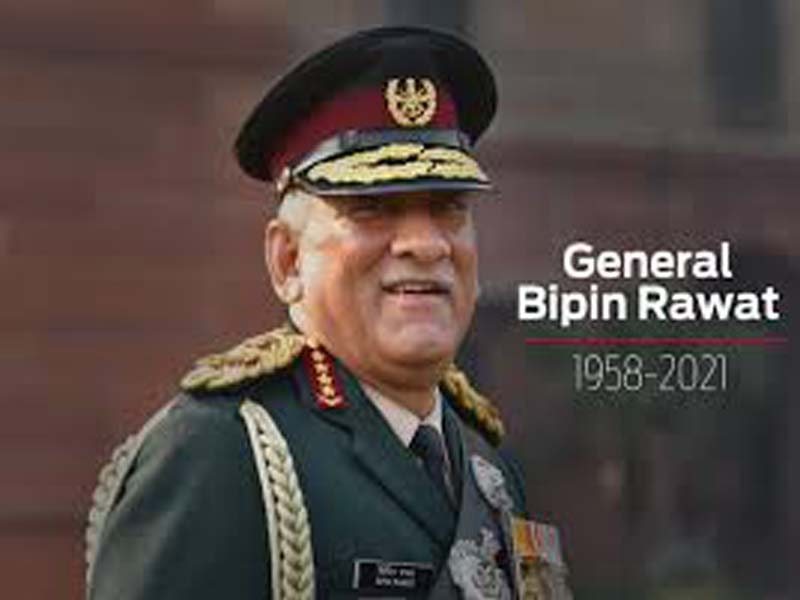Whether social media is responsible media?
(By Rakesh Agarwal)
India is among the top users of social media and microblogging platforms in the world. As per data cited by the government, India has 53 crores WhatsApp users, 44.8 crores YouTube users, 41 crore Facebook subscribers, 21 crore Instagram clients, and 1.75 crore account holders are on microblogging platforms Twitter.
The Central Government in February 2021 notified ‘The Information Technology (Guidelines for Intermediaries and Digital Media Ethics Code) Rules 2021’ for stricter guidelines in detail for social media platforms.
The role of Twitter in recent farmers’ protests and also the refusal of Facebook to trace the origin of fake messages triggered bringing out the guidelines. The government believes these platforms are responsible for social disharmony to a large extent.
The question is whether the move by the Indian government is a check on the freedom of speech? The protagonists of freedom of speech consider the introduction of the new rules as an attempt by the government to curb this fundamental right.
It could have been so, but the recent action of Twitter showing J & K and Ladakh out of Indian Territory changed everything. The map was available on the company’s website as part of a larger creative image depicting the world map under the careers sections on the page titled ‘Tweep Life’. It showed the disputed Aksai Chin area of Ladakh, illegally occupied by China, as part of China and depicted the Union Territory of J&K as a separate country.
The government sent a notice under section 69 (A) of the Information Technology Act to Wikipedia for using a wrong map. The government, under the section, can order take down any content, which violates the “integrity and sovereignty” of the country. The misrepresentation caused an uproar online amid the ongoing impasse between the government and the microblogging firm and the map was removed subsequently by the microblogging site. The Central government sent a notice to Twitter last year in October conveying its “disappointment regarding the misrepresentation of the map of India” over the geotag for Leh showing it as a part of China. Twitter corrected it subsequently.
Twitter’s act of controversy within eight months and after the new rules gave the government another opportunity to assert its action. Twitter’s grievance redressal officer DharmendraChatur resigned after a week of his appointment, prompting the firm to hire a new official. The Ghaziabad police had earlier said in a complaint that Twitter circulated a video that allegedly misrepresented an attack on an elderly Muslim man being it communal.
The Karnataka High Court prevented the arrest of Managing Director, Twitter IndiaOperations ManishMaheshwari, and would appear over video conference. The microblogging site on Monday blocked the account of senior advocate Prashant Bhushan for 12 hours citing the tweet as ‘misleading’. Bhushan in his tweet summarized his skepticism over vaccines available in India. Besides blocking his tweet, a link was also generated by the firm to take the user to another site where experts were forwarding their views on the safety of the vaccines.
Bhushan after opening his account on Tuesday tweeted again that the action of Twitter reconfirmed my views on “congruence of interests of big pharma & IT platforms to allow just 1 narrative”. Accounts of Union Home Minister Amit Shah, BJP national spokesperson SambitPatra, and IT Minister Ravi Shankar Prasad were also blocked in the past for one reason or the other.
Considering the facts stated above, it may be said that where freedom of speech and expression is an absolute right, it always comes with reasonable restrictions. It does not empower “anyone” to use this right as a tool to distort facts, spread communal disharmony, or anything, which is divisive in nature and is not acceptable by any civilized society. The government and the institution or people who matter, on the other hand, should also accept fair criticism.

